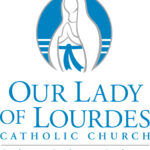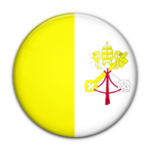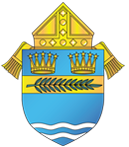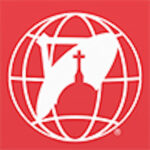Additional resources to help you on your journey of Faith
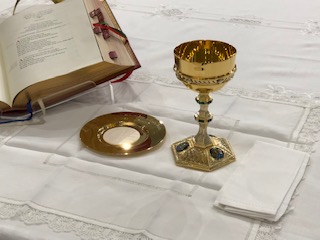
Altar Bread Offered
For
Marie-Michel Gregoire Casimir
![]()
Requested by
Marie-Michel Casimir
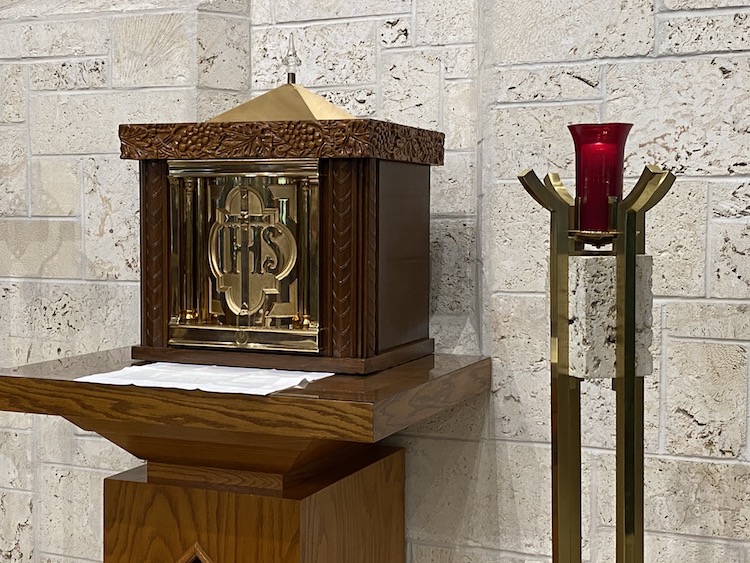
Sanctuary Lamp Offered
For
Linda Spinner
![]()
Requested by
Vicki Stryszko
CLICK BUTTONS BELOW TO ACCESS SECTIONS
MASS READINGS AND VIDEO REFLECTION
Sixth Sunday of Easter, Cycle C
Love God, Never in a Minimalistic Way
Jesus, the Risen Lord, prays for His Church and for humanity. In this prayer, also known as, His Priestly Prayer; He prayed that the love of God the Father for Him may be given unto us and that He Himself may be in us. Loving will make us open to God’s indwelling in our lives. We will make our lives truly blessed. In this 6th Sunday, let us be grateful for God’s love; let us love in action; and let us prepare for Pentecost, the coming of the Holy Spirit, Who is the Love of God the Father and the Son.
Monday
Tuesday
Wednesday
Thursday
Friday
Saturday
Sunday
Acts 16:11-15/Ps 149:1b-9b/Jn 15:26, 16:4a
Acts 16:22-34/Ps 138:1-8/Jn 16:5-11
Acts 17:15, 22,18:1/Ps 148:1-2,11-14/Jn 16:12-15
Acts 18:1-8/Ps 98:1-4/Jn 16:16-20
Acts 18:9-18/Ps 47:2-7/Jn 16:20-23
Zep 3:14-18a/Is 12:2-6/Lk 1:39-56
Acts 7:55-60/Ps 97:1-9/Rv 22:12-20/Jn 17:20-26
FAITH FORMATION
Our ministry aims to help the faithful adult to grow in both Human and Christian maturity.
As part of this goal we offer links to Adult Faith Formation videos.
The current norm regarding fasting before communion is Canon No. 919:
§1. A person who is to receive the Most Holy Eucharist is to abstain for at least one hour before holy communion from any food and drink, except for only water and medicine.
§3. The elderly, the infirm, and those who care for them can receive the Most Holy Eucharist even if they have eaten something within the preceding hour.
The calendar is based upon the General Roman Calendar, promulgated by Pope Saint Paul VI on February 14, 1969, subsequently amended by the Holy See, and the Proper Calendar for the Dioceses of the United States of America, approved by the USCCB and confirmed in 2010 by the Congregation for Divine Worship and the Discipline of the Sacraments.
ARE YOU AN ACTIVE PARISHIONER?
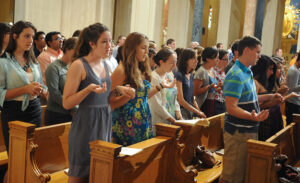
A Parish is not simply a “branch office” of the Church, nor a periodic audience of people, nor an occasional public; but it is a formally organized social group. It is a portion of a Diocese under the authority of a Priest legitimately appointed to secure in virtue of his office for the faithful dwelling therein, the helps of religion.
The faithful are called parishioners, and they become parishioners by acquiring a domicile or a quasi-domicile within the geographical boundaries or territory of the Parish.
Parishioners could be active parishioners or non-active parishioners, and the question of parishioner status is important because parishioners look to their Parish for many services such as:
- Parishioner tuition rates in our Catholic schools;
- The use of our facilities for liturgical services such as baptisms, weddings and funerals;
- And certification as eligible sponsors at Sacramental celebrations.
These rights and services within the church bring with them certain obligations, as in any form of community.
To be considered “active,” a parishioners must be:
- Registered in the parish;
- Attend Mass faithfully;
- Support the life of the parish by sharing time and talents in service;
- And sharing treasure (tithing) to build up the community.
Active participation in Christian Stewardship makes you an ACTIVE parishioner.
DONATIONS

Donate To Parish
Our Parish is sustained through the Generosity Of Parishioners And anyone of goodwill.
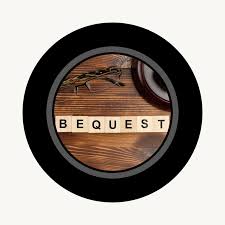
Donate A Lasting Legacy
A Bequest is a unique gift of money or assets left through your will and is an investment in the future of your Parish.
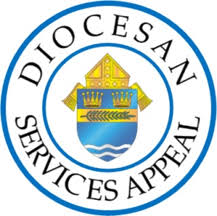
Donate To DSA Campaign
Each Parish has the responsibility to support the needs and ministries of the Diocese.
